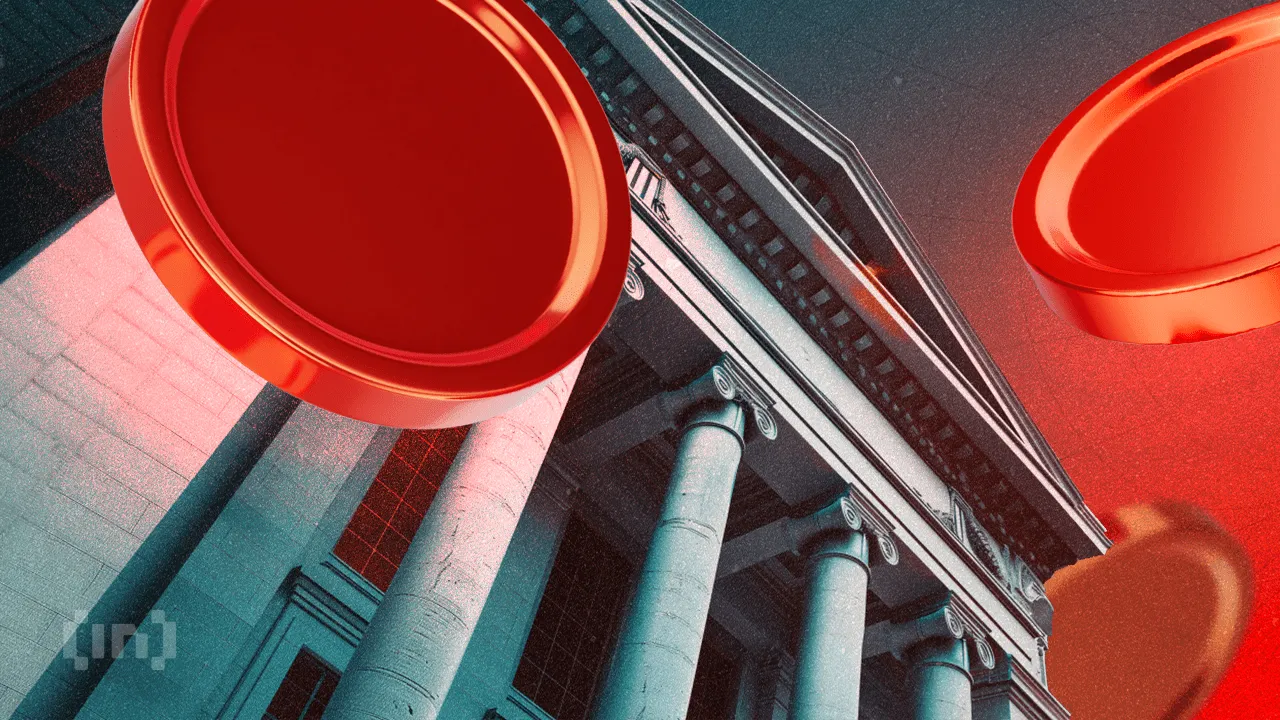
The integration of cryptocurrency into post-conflict reconstruction is sparking intense debates, particularly with the release of the “GREAT Trust” initiative. This ambitious project outlines a plan to use tokenized land and digital currencies to reshape Gaza’s economic and social landscape while opening a wave of geopolitical and ethical discussions.
What Is the GREAT Trust?
The Gaza Reconstitution, Economic Acceleration, and Transformation (GREAT) Trust proposes a massive reform plan, reportedly spearheaded by key figures close to former US President Donald Trump. Leaked documents reveal a vision of land tokenization to fund housing and infrastructure developments in Gaza. However, this plan involves placing the region under US trusteeship for at least a decade, raising concerns among civil rights and humanitarian groups.
According to the plan, Gaza residents would receive specialized digital tokens for their properties, which could later be exchanged for housing in new “smart cities” or relocation to safer areas. To support displaced individuals, the proposal includes food and temporary housing subsidies for up to four years. The initiative also features ten bold mega-projects, such as the creation of “The Elon Musk Smart Manufacturing Zone” and the “Gaza Trump Riviera & Islands.”
Funding the Vision: Tokenized Land on Blockchain
The proposal hinges on the sale of tokenized land to global investors, with the proceeds directed toward rebuilding Gaza’s infrastructure. Blockchain technology would ensure transparency and streamline the process. Such a framework could potentially attract high-profile investors seeking innovation in the Middle East. While blockchain technology brings promise, skeptics argue whether this application jeopardizes sovereignty and fairness, particularly for vulnerable populations.
The Backlash and Ethical Concerns
The concept of displacing over two million residents has sparked widespread criticism. Civil rights groups and Palestinian leaders have openly condemned the plan, with prominent Hamas official Basem Naim stating, “Gaza is not for sale.” Critics argue that tokenizing land and incentivizing voluntary displacement may exploit residents already living in dire conditions.
Furthermore, accusations of profiteering cloud the initiative, with reports stating that the controversial Gaza Humanitarian Foundation and politically connected think tanks, including affiliations with Tony Blair, played roles in its development. The Boston Consulting Group (BCG) was also implicated but has since denied involvement.
Geopolitical Implications and Controversy
Adding to the tension, notable figures such as Jared Kushner and Tony Blair were reportedly involved in discussions for the project, signaling the high-stakes nature of the negotiations. Reports indicate that this is just one of many proposals aimed at transforming Gaza, but questions remain about motive and execution.
Explore the Use Case of Cryptocurrency
Whether motivated by economic recovery or political gain, the plan underscores cryptocurrency’s growing role in reshaping global conversations. As countries and institutions explore blockchain’s potential in humanitarian efforts, issues of ethics, equity, and implementation take center stage.
Looking to dive into cryptocurrency investing or explore trusted platforms? Start your journey with platforms like Nexo, which offers secure and transparent digital asset management—including lending and interest on cryptocurrencies. Learn more here.
Conclusion
The GREAT Trust represents a new frontier where cryptocurrency intersects with humanitarian and geopolitical challenges. While its visionary components, such as tokenized land and blockchain-driven infrastructure, hold potential for economic transformation, the ethical debates it provokes cannot be ignored. As discussions at the global level continue, the world watches to see how blockchain-based solutions evolve in complex socio-political landscapes like Gaza.






